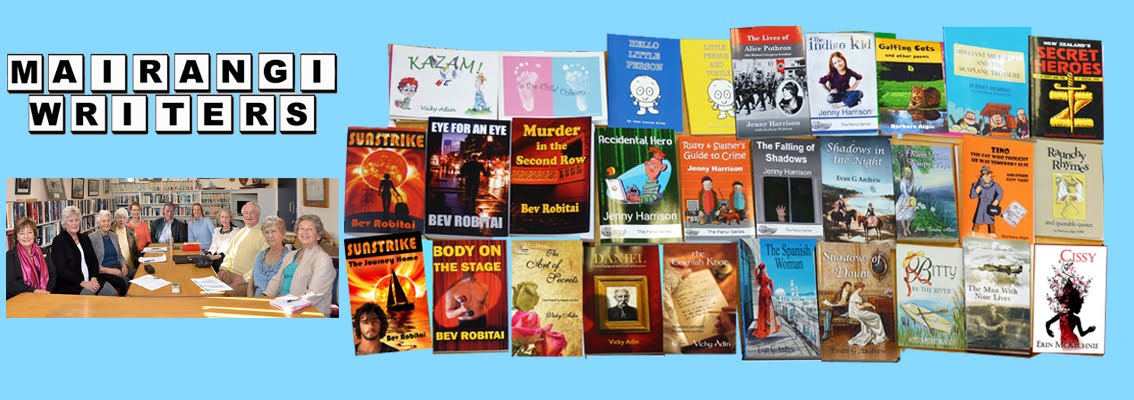I didn’t know when I started that my research would throw up
such challenges. As I progressed, sometimes naively enthusiastic, I think the
family began to feel threatened. They were often reluctant to accept my
findings and, at one stage, they pulled out of the project completely. I could
use the story, they said, but I had to change the names so they would not be
identified with what I had discovered. It wasn't what they had been told.
Changing names of those who died in a German death camp felt
like a betrayal; a betrayal too far. With a deep sense of sorrow I changed the
names as requested. Then the family read my research and the first draft of the
book and there was a change in the climate. ‘Your research is impressive and
has integrity,’ they said. ‘You have found out stuff we never knew. We
acknowledge your honesty and ask you to use our real names.’ So the names were
changed. One son was not able to accept my work and asked for his name to be
disguised, so another name change. A few weeks later he came back to me saying
his siblings had reverted to their real names so he ought to as well. So, there
was a further name change. I think there were five different name changes before
the end.
I doubt they will ever totally accept my findings and that’s
okay. I remember when I wrote another bio, The Lives of Alice Pothron, there
was a constant rumbling ‘but that’s not what my mother told me’. Writing a book
about family will constantly throw up arguments and contradictions. Memory is
fallible, reputations easily damaged; time-cemented beliefs can crumble. You
have to be adamant and rely on history, not family memories.
The book Out of Poland, when the best revenge is to
have survived will be available in September 2016 from your local book
store (you may have to ask them to order it) or from my website www.jennyharrison-author.com
Jenny Harrison

No comments:
Post a Comment